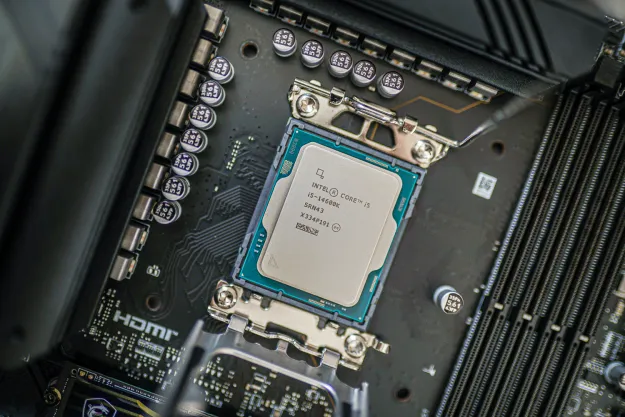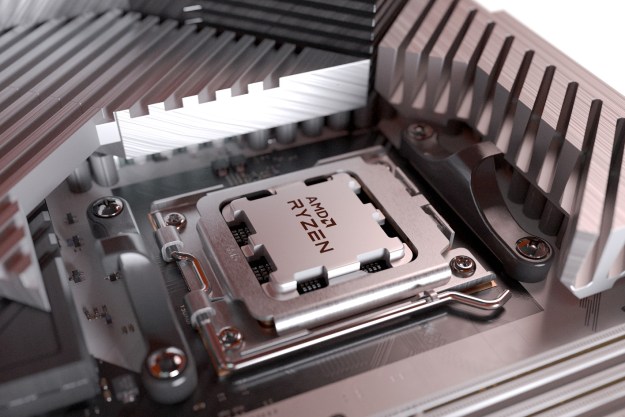
There is a battle going on for your living room. Apple, Google, Microsoft, Intel, Netflix, Hulu, and Amazon are battling U.S. cable companies, who want you to keep paying hundreds of dollars a month, mostly for content you don’t use or will end up watching online anyway. The New York Times reports this week that Intel is trying to change the game and make it so you only pay for what you want to watch, but cable giants are standing in its way. Clearly you want Intel to win, but attacking an entrenched team of gigantic companies with deep pockets and lobbyists is no easy task. But here’s the interesting part: AMD may have inadvertently assured that Intel can win. Let me explain.
How cable came to strangle us
It should be no surprise that cable and telephone companies love the fact that you pay them hundreds to get access to TV that, when I was a kid, was broadcast over the air for free. When cable was first proposed, a lot of folks argued that TV viewers just weren’t stupid enough to pay for something they got for free. Apparently they were wrong, and that doesn’t exactly say wonderful things about us. But the cable companies got regulated monopolies into our homes, and what initially cost $10 to $15 a month now costs many of us close to $100 for programming we really don’t have time to watch. In my own case, just to get the Speed Channel and watch a small set of programs I want, I had to pay nearly $20 a month for the entire “sports package,” most of which I really don’t care about.
Intel wants to break this model, and the cable companies aren’t amused. I mean, they kind of like the idea of customers paying tons of money for stuff they don’t use. I really can’t blame them, but I’m rooting for Intel.
How AMD helped intel
As powerful as Intel is, it would really be no match for the massive power of the telephone and cable companies. Through lobbying, these firms have a long history of manipulating the government to get what they need, and Intel would have simply been over matched. However, for the last couple of decades, AMD has being pounding on Intel on anti-trust grounds and, as a result Intel has one of the strongest anti-trust lobbying and legal teams on the planet.
I think Intel is going to win, and we’ll get vastly better pricing on programing and services …
As a result, I think Intel is going to win, and we’ll get vastly better pricing on programing and services that we wouldn’t have been able to see as a result. I have every belief that if Intel can get through this gauntlet, the service it will provide will be amazing. I’ve met the guy running the unit, and he built the BBC’s system, which currently leads the world in digital content delivery. In other words, the more you hate your cable or telephone company for programing, the more you’re likely to love what Intel plans.
A crumbling monopoly
There is clearly a change in the wind. Americans are tired of paying tons of money for programing they don’t watch, and more and more of us are unplugging to live off of services like Hulu, Amazon, or Netflix. Intel is going to try to break this market wide open using a legal weapon it originally developed as a result of AMD’s challenges, and that weapon is currently unmatched in the industry. Without it, taking on the entrenched telecom companies would likely be impossible, so Intel oddly has AMD partially to thank for its state of preparedness. In the end, assuming Intel is successful, we’ll get the service we should have always had and be able, with Intel’s help, to give that one-fingered salute to the industry that has been painfully harvesting our hard-earned cash for decades. I can hardly wait.
Editors' Recommendations
- How to connect an iPhone to a Mac with or without a cable
- I tested Intel’s XeSS against AMD FSR — and the results speak for themselves
- 4 CPUs you should buy instead of the AMD Ryzen 7 5800X3D
- How Intel and Microsoft are teaming up to take on Apple
- Nice try, Intel, but AMD 3D V-Cache chips still win



